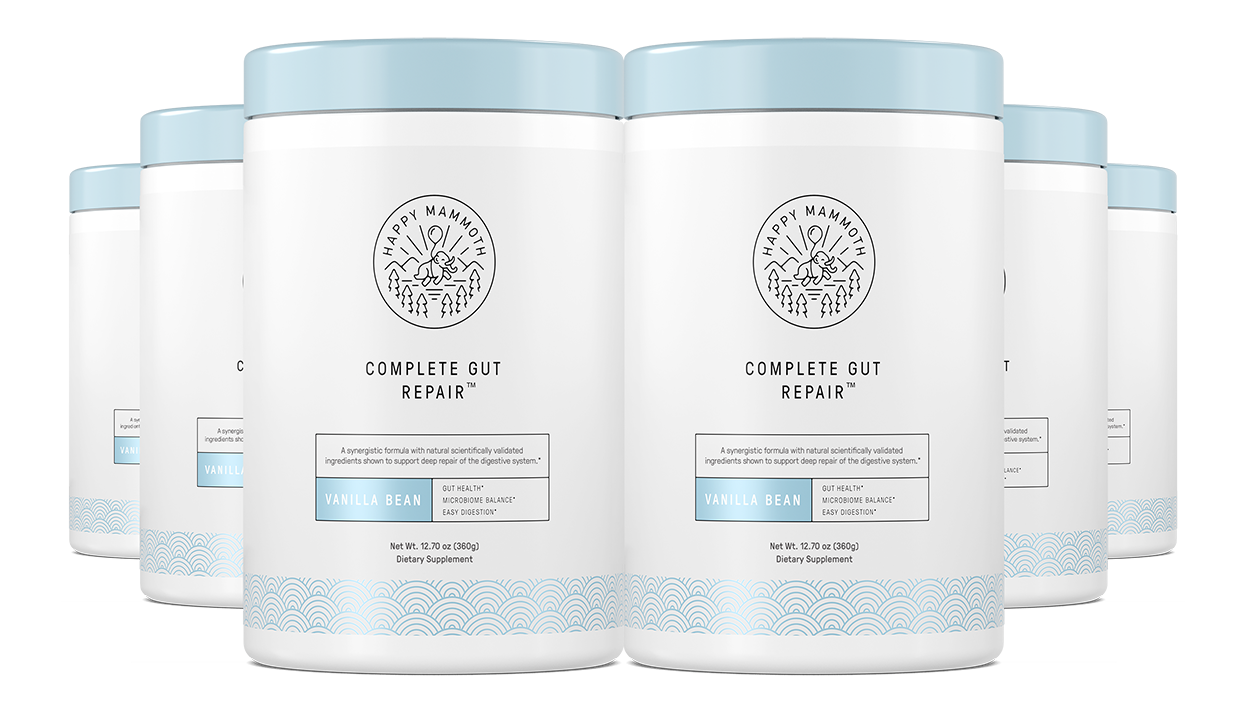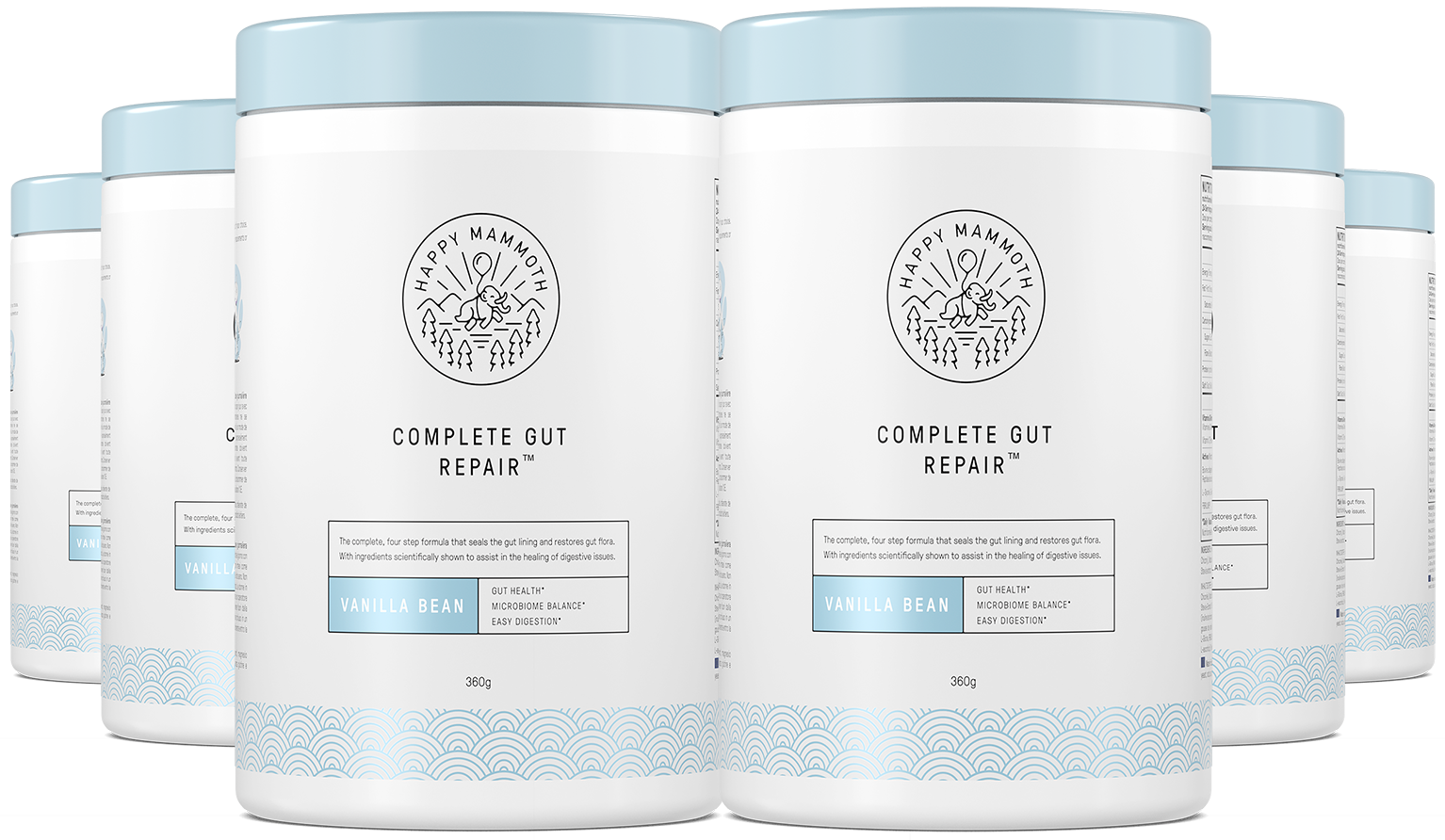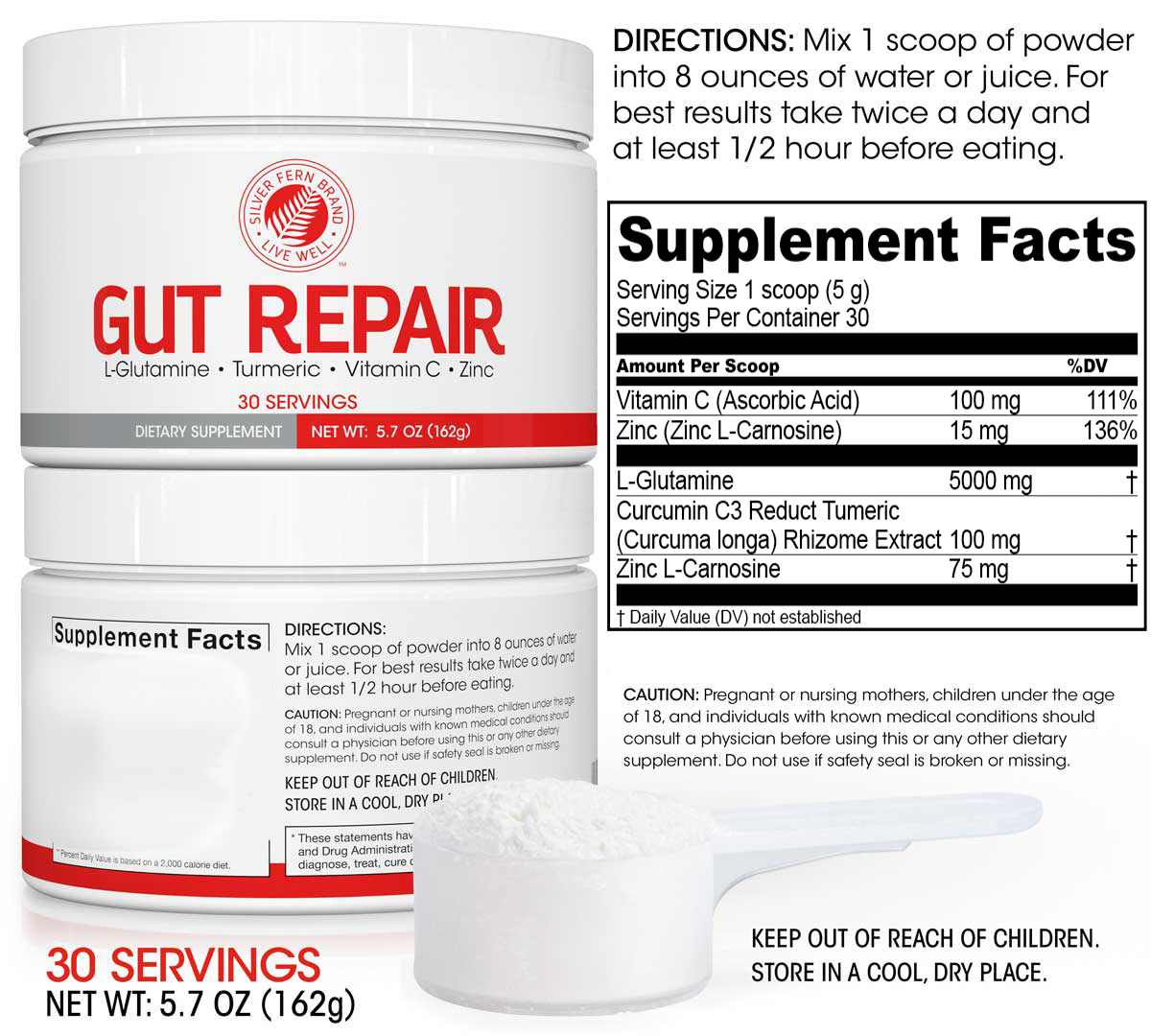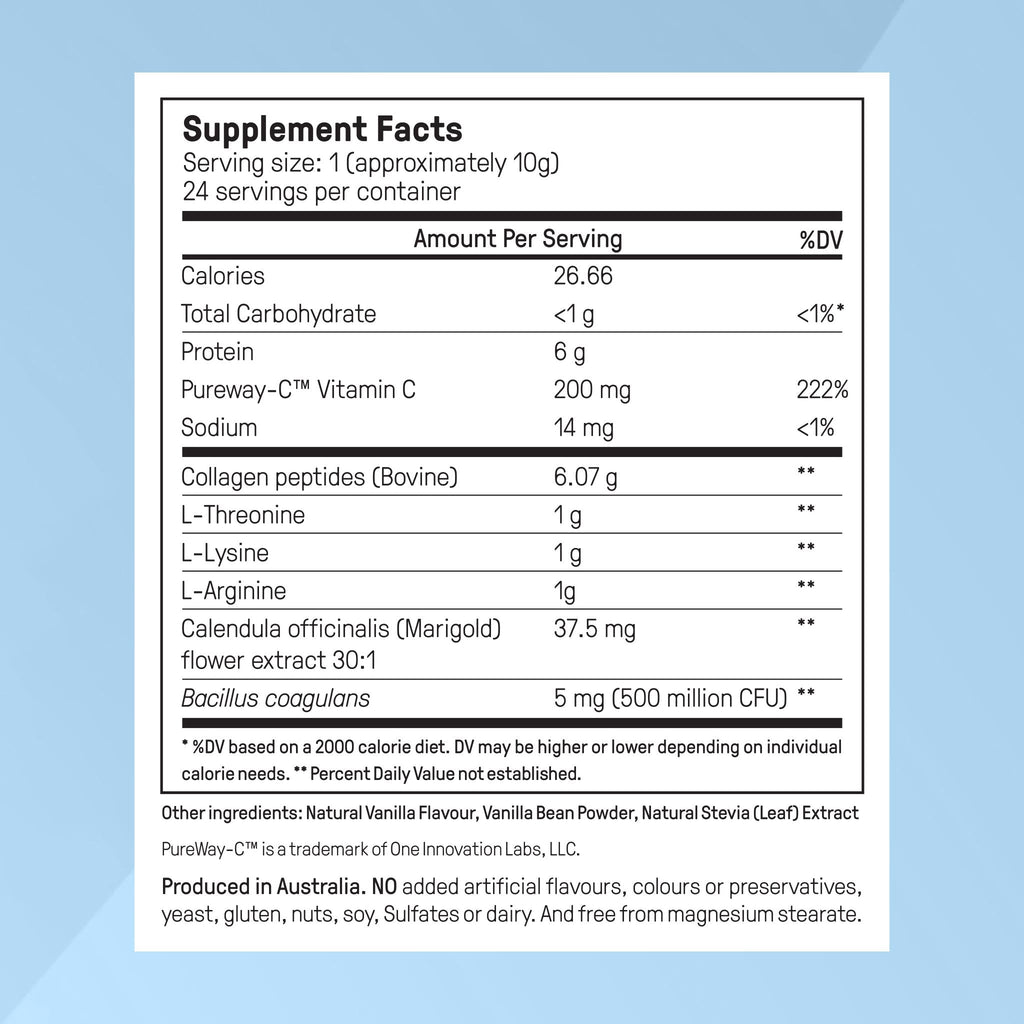Is Complete Gut Repair Any Good

Imagine a lush garden, teeming with life. Now, picture that garden uprooted, the soil barren and lifeless. That's akin to what many people experience with their gut – a delicate ecosystem thrown off balance, leaving them feeling anything from mildly uncomfortable to chronically unwell.
The promise of a "complete gut repair" is tempting, but is it truly achievable, or just another wellness trend riding the wave of our growing obsession with gut health?
This article delves into the concept of complete gut repair, exploring its potential benefits, the science (or lack thereof) behind it, and whether it's a worthwhile pursuit for those seeking better digestive health.
The Gut: A Complex Ecosystem
Our gut, often referred to as the gut microbiome, is a bustling community of trillions of bacteria, fungi, viruses, and other microorganisms. This intricate ecosystem plays a crucial role in various bodily functions, far beyond just digestion.
It influences our immune system, mental health, and even our weight. When this balance is disrupted – a state known as dysbiosis – it can manifest in a wide range of symptoms, from bloating and constipation to fatigue and skin problems.
Factors that can disrupt the gut microbiome include diet, stress, antibiotics, and certain medications. Understanding these factors is the first step towards addressing gut health issues.
What Does "Complete Gut Repair" Actually Mean?
The term "complete gut repair" isn't a standardized medical term. It's often used in marketing materials for supplements, diets, and lifestyle programs aimed at restoring gut health.
Generally, it implies a comprehensive approach to healing and restoring the gut lining, rebalancing the gut microbiome, and optimizing digestive function. But what does that actually involve?
Often, protocols for "complete gut repair" include dietary changes, supplements, stress management techniques, and lifestyle adjustments. The specifics can vary widely, depending on the source.
The Allure of Quick Fixes and the Reality of Gradual Healing
The promise of a quick fix for a complex issue like gut health is understandably appealing. Many individuals are drawn to the idea of a "complete gut repair" as a way to rapidly alleviate their symptoms and reclaim their well-being.
However, the reality is that restoring gut health is often a gradual process that requires patience, consistency, and a personalized approach. There's no magic bullet or one-size-fits-all solution.
While some interventions may provide relatively quick relief, true, lasting gut health requires long-term lifestyle changes. Be wary of programs promising immediate and dramatic results.
Key Components of a Gut-Healthy Approach
While a "complete gut repair" might be an oversimplification, there are certainly evidence-based strategies that can significantly improve gut health. These strategies typically focus on nourishing the gut microbiome and supporting the gut lining.
Dietary Modifications: The Foundation of Gut Health
Diet plays a pivotal role in shaping the gut microbiome. A diet rich in processed foods, sugar, and unhealthy fats can contribute to dysbiosis, while a diet abundant in fruits, vegetables, and fiber promotes a healthy gut environment.
Consider incorporating more prebiotic-rich foods, such as garlic, onions, and asparagus, which feed beneficial gut bacteria. Also, including probiotic-rich foods like yogurt, kefir, and sauerkraut can help replenish the gut with beneficial microbes.
Limiting processed foods, sugar, and artificial sweeteners is crucial. These substances can disrupt the gut microbiome and contribute to inflammation. Focus on whole, unprocessed foods.
Probiotics and Prebiotics: Supplementing the Gut
Probiotics are live microorganisms that can provide health benefits when consumed in adequate amounts. They can help replenish the gut with beneficial bacteria, particularly after antibiotic use or during periods of stress.
Prebiotics, on the other hand, are non-digestible fibers that serve as food for beneficial gut bacteria. They promote the growth and activity of these bacteria, further enhancing gut health. Combining probiotics and prebiotics (often referred to as synbiotics) can be particularly effective.
It's important to note that not all probiotic supplements are created equal. Different strains of bacteria have different effects, so it's essential to choose a probiotic that is appropriate for your specific needs. Consulting with a healthcare professional is recommended.
Lifestyle Factors: Beyond Diet and Supplements
Gut health isn't solely determined by diet and supplements. Lifestyle factors such as stress levels, sleep quality, and physical activity also play a significant role.
Chronic stress can negatively impact the gut microbiome and contribute to digestive issues. Implementing stress management techniques such as meditation, yoga, or spending time in nature can be beneficial. Prioritizing sleep is also crucial for gut health, as sleep deprivation can disrupt the gut microbiome.
Regular physical activity has been shown to promote a diverse and healthy gut microbiome. Aim for at least 30 minutes of moderate-intensity exercise most days of the week.
When to Seek Professional Guidance
While many gut health issues can be addressed through dietary and lifestyle changes, it's important to seek professional guidance if you experience persistent or severe symptoms. A healthcare professional can help identify underlying causes and recommend appropriate treatment options.
Symptoms that warrant medical attention include: chronic diarrhea or constipation, abdominal pain, bloating, unexplained weight loss, blood in stool, and persistent fatigue. These symptoms could indicate a more serious underlying condition.
Working with a registered dietitian or nutritionist can also be beneficial. These professionals can provide personalized dietary recommendations and help you navigate the often-confusing world of gut health supplements.
The Importance of a Holistic and Sustainable Approach
The concept of "complete gut repair" often overlooks the interconnectedness of the body and the importance of a holistic approach to health. Gut health is intimately linked to other systems in the body, including the immune system, nervous system, and endocrine system.
A sustainable approach to gut health focuses on making gradual, long-term changes that support overall well-being. This includes addressing underlying stressors, optimizing sleep, and cultivating a healthy relationship with food.
Rather than seeking a quick fix, focus on building a foundation of healthy habits that will support gut health for years to come.
Conclusion: Nurturing, Not "Repairing"
The idea of a "complete gut repair" might be a bit of a misnomer. Perhaps a more accurate and helpful perspective is to view gut health as an ongoing process of nurturing and supporting a complex ecosystem.
By adopting a holistic approach that encompasses diet, lifestyle, and stress management, we can create an environment that allows our gut microbiome to thrive. Instead of seeking a quick fix, let's focus on building a foundation of sustainable habits that will support our gut health and overall well-being for the long term.
Ultimately, the journey to a healthier gut is a marathon, not a sprint. It's about making informed choices, listening to your body, and embracing a lifestyle that promotes balance and well-being.


















